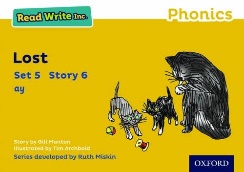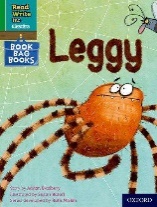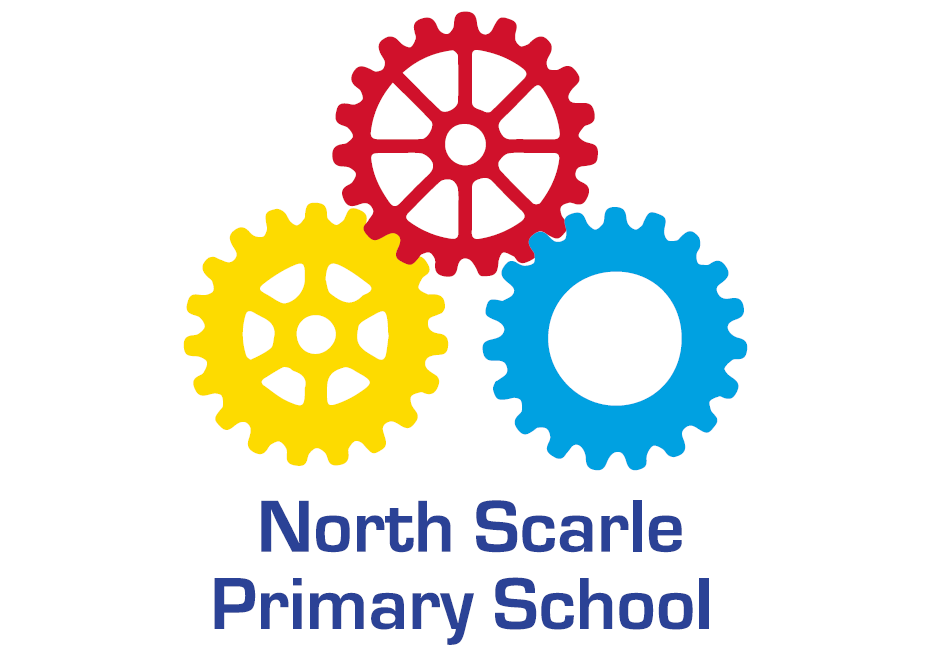RWI Phonics
Phonics at North Scarle Primary School
Our pupils learn to read effectively and quickly using the Read Write Inc. Phonics programme. Children make a strong start in Reception as we begin teaching phonics straight away. Pupils progress onto whole class reading lessons once they can read with accuracy and speed.
Who accesses our RWI programme?
• Pupils in Year R to Year 2 who are learning to read
• Any pupils in Years 2, 3 and 4 who need to catch up rapidly
• Struggling readers in Years 5 and 6 follow RWI Fast Track Tutoring
In RWI Phonics pupils:
• Decode letter-sound correspondences quickly and effortlessly, using their phonic knowledge and skills
• Read common exception words on sight
• Understand what they read
• Read aloud with fluency and expression
• Learn to compose sentences confidently
• Spell quickly and easily by segmenting the sounds in words
• Acquire good handwriting
We group pupils homogeneously, according to their progress in reading rather than their writing. This is because it is known that pupils’ progress in writing will lag behind progress in reading, especially for those whose motor skills are less well-developed.
In Year R we emphasise the alphabetic code. The pupils rapidly learn sounds and the letter or groups of letters they need to represent them. Simple mnemonics help them to grasp this quickly. This is especially useful for pupils at risk of making slower progress. This learning is consolidated daily. Pupils have frequent practice in reading high frequency words with irregular spellings – common exception words.
Embedding the alphabetic code early on means that pupils quickly learn to write simple words and sentences. We encourage them to compose each sentence aloud until they are confident to write independently. Pupils write at the level of their spelling knowledge and we make sure they write every day.
How are children taught to read using storybooks?
Children read the story three times. On the first read, children focus on accurate word reading; the second, on developing fluency; and the third, on comprehension. Fluency and comprehension increase with each repeated reading.
Accuracy:
Children learn to:
- Read new sounds and review previously taught sounds
- Sound out the names of characters and unfamiliar words
- Understand the meaning of new words
- Read the story (first read)
Fluency:
Children learn to:
- Read the words in the story speedily
- Track the story
- Read the story with increased speed (second read)
Comprehension:
Children learn to:
- Predict the outcome, after listening to a story introduction
- Discuss and compare key moments in the story
- Read the story with expression (third read)
- Answer questions about the story
- Build background knowledge, ready to share the storybook with an adult at home
How do we assess and track progress?
We assess all pupils using the RWI Entry Assessment. This gives us a very good indication of how well they are making progress relative to their starting points. We do this for all pupils, whenever they join us, so we can track all of them effectively. We monitor children closely, assessing on average every 6 weeks.
What books do we send home?
Decodable books are necessary for children who are learning to read because they should read books that match the sounds they already know. To make steady, confident progress in decoding, they need to build cumulatively and systematically on their earlier learning. Decodable books, therefore, are specifically organised to match the order of the sounds being taught in the programme.
We make sure pupils read books that are closely matched to their increasing knowledge of phonics and the common exception words. This is so that, early on, they experience success and gain confidence as readers. Re-reading and discussing these books with the teacher enables the children to become increasingly more fluent.
Storybooks:

- Children read the RWI storybook in school with their teacher three times before taking it home. This book should be used as a celebration of reading and the children will be confident in reading this book to an adult at home. We encourage this book to be read multiple times and must be returned the following week.
- Children in Red to Orange groups take home their new storybook every
three/ four days - Children in Yellow to Grey groups take home their new storybook every
five days
Book Bag Books:

- Each RWI Book Bag Book is a story or non-fiction text that has been carefully matched to each of the RWI Storybooks. The Book Bag Books give children additional reading practice at home. Children will take the Book Bag Book that corresponds to either the
current Storybook, or a previously taught Storybook. - From Red group, children take home a Book Bag Book and are encouraged
to read it three times before changing it.
Book for pleasure:

- In addition to their Storybook and Book Bag Book, children take home a book for pleasure. This might be a book they’ve enjoyed in class or a book they’ve seen on the shelf and have been longing to read. These books are often books which need to be read to the children, and this information is shared with parents.
In addition to exploring texts in phonics, children are read to daily. Stories, poems, rhymes and non-fiction books are carefully chosen for reading to develop pupils’ vocabulary, language comprehension and love of reading. Pupils are familiar with and enjoy listening to a wide range of stories, poems, rhymes and non-fiction, and sometimes pupils choose to take these books home to share with an adult as their ‘book for pleasure’.
How do we ensure children ‘keep up’?
Pupils are assessed on average every 6 weeks. This enables us to track children’s progress closely and allows us to plan for additional measures to ensure children do not fall behind. Pupils who are at risk of falling behind are tracked more closely on our individual phonics assessment tracker which highlights areas of need. They receive personalised ‘keep up’ sessions through our Fast Track Tutoring programme throughout the week.
Useful videos for parents:
